
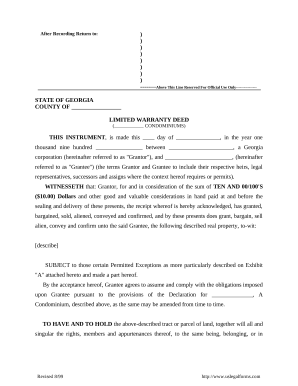



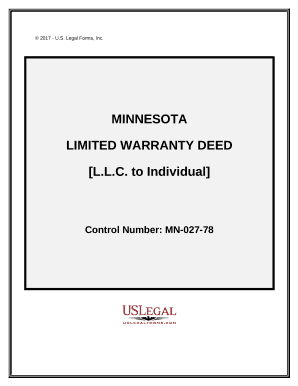
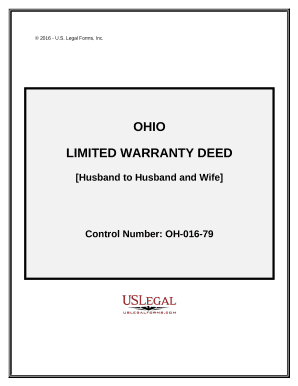

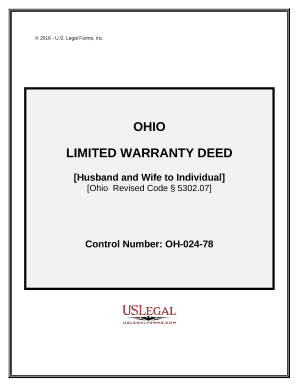
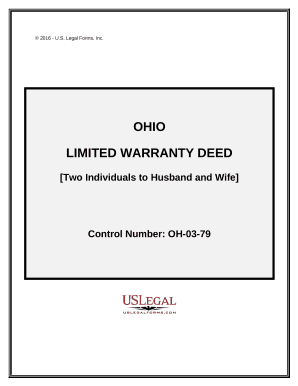
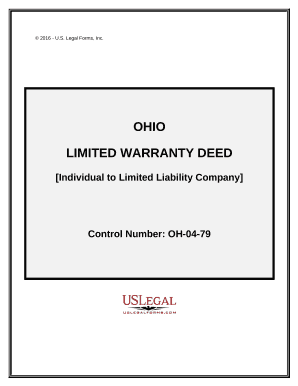
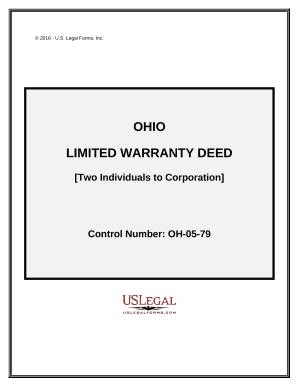


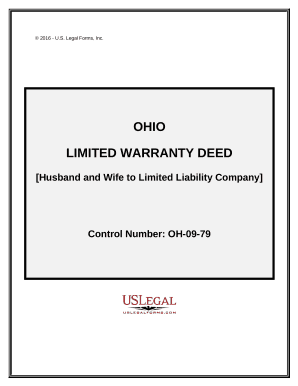

Document managing can overpower you when you can’t locate all of the documents you require. Fortunately, with DocHub's extensive form collection, you can get everything you need and swiftly take care of it without changing among programs. Get our Limited Warranty Deed Forms and begin working with them.
Using our Limited Warranty Deed Forms using these simple steps:
Try out DocHub and browse our Limited Warranty Deed Forms category without trouble. Get a free account right now!